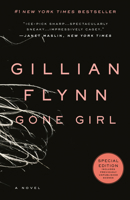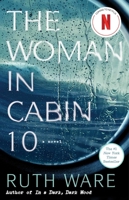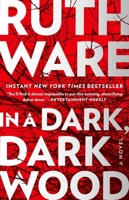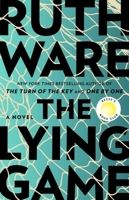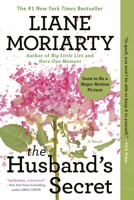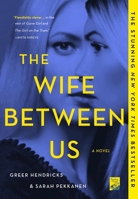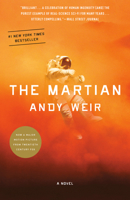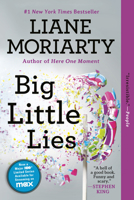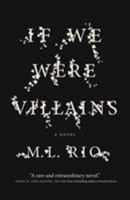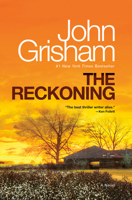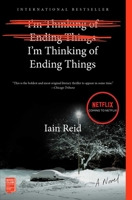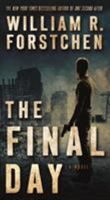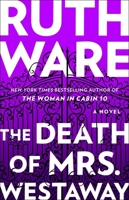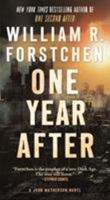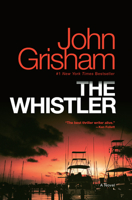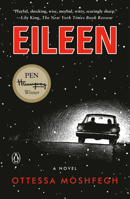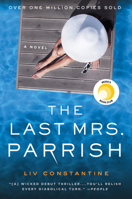Book Overview
Covering sporting events would have been the perfect job for Jordan McAllister, but here in Ranchero, Texas, the only gig available at the local newspaper was food editor. And although she doesn't know the difference between bruschetta and biscotti, she doesn't have a problem finding trouble wherever she goes. Forced to fight to keep her job as the culinary reporter at the Ranchero Globe, Jordan must cover the International Italian Festival coming to town. But along with the festivities and great Italian food, she has to deal with meeting her boyfriend Alex's mother and sister for the first time. When an arrogant Italian playboy falls to his death from a suite at a swanky hotel during a pre-festivities party and Alex's sister Kate is charged with his murder, Jordan springs into action to find clues that could prove her innocence. But the real killer doesn't appreciate that she getting too close. Can Jordan and her motley crew of friends thwart his efforts and catch the killer before he succeeds? This description may be from another edition of this product.
Format:Paperback
Language:English
ISBN:0373269692
ISBN13:9780373269693
Release Date:January 2015
Publisher:Worldwide
Length:271 Pages
Weight:0.34 lbs.
You Might Also Enjoy
Customer Reviews
0 customer rating | 0 review
There are currently no reviews. Be the first to review this work.













